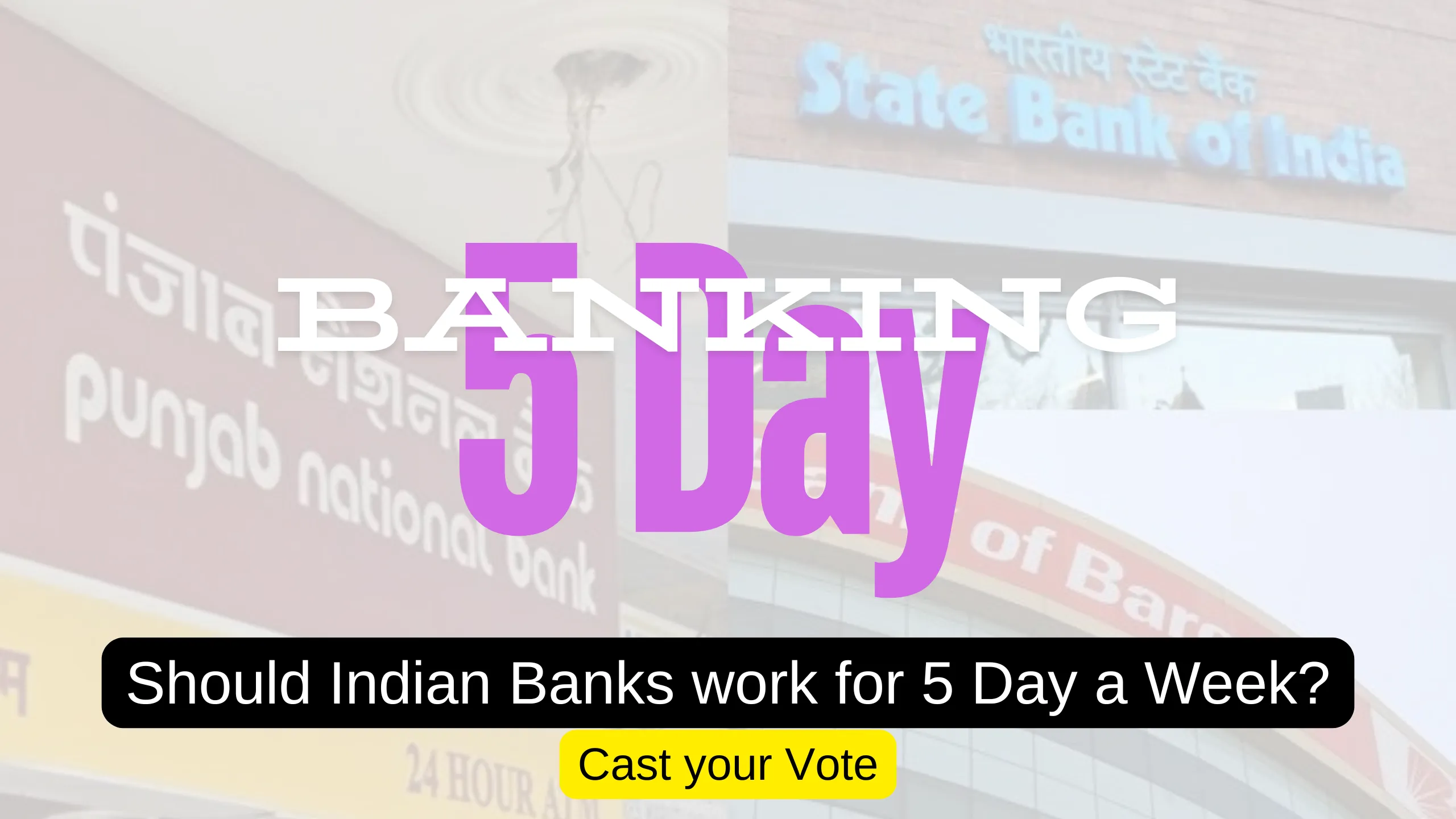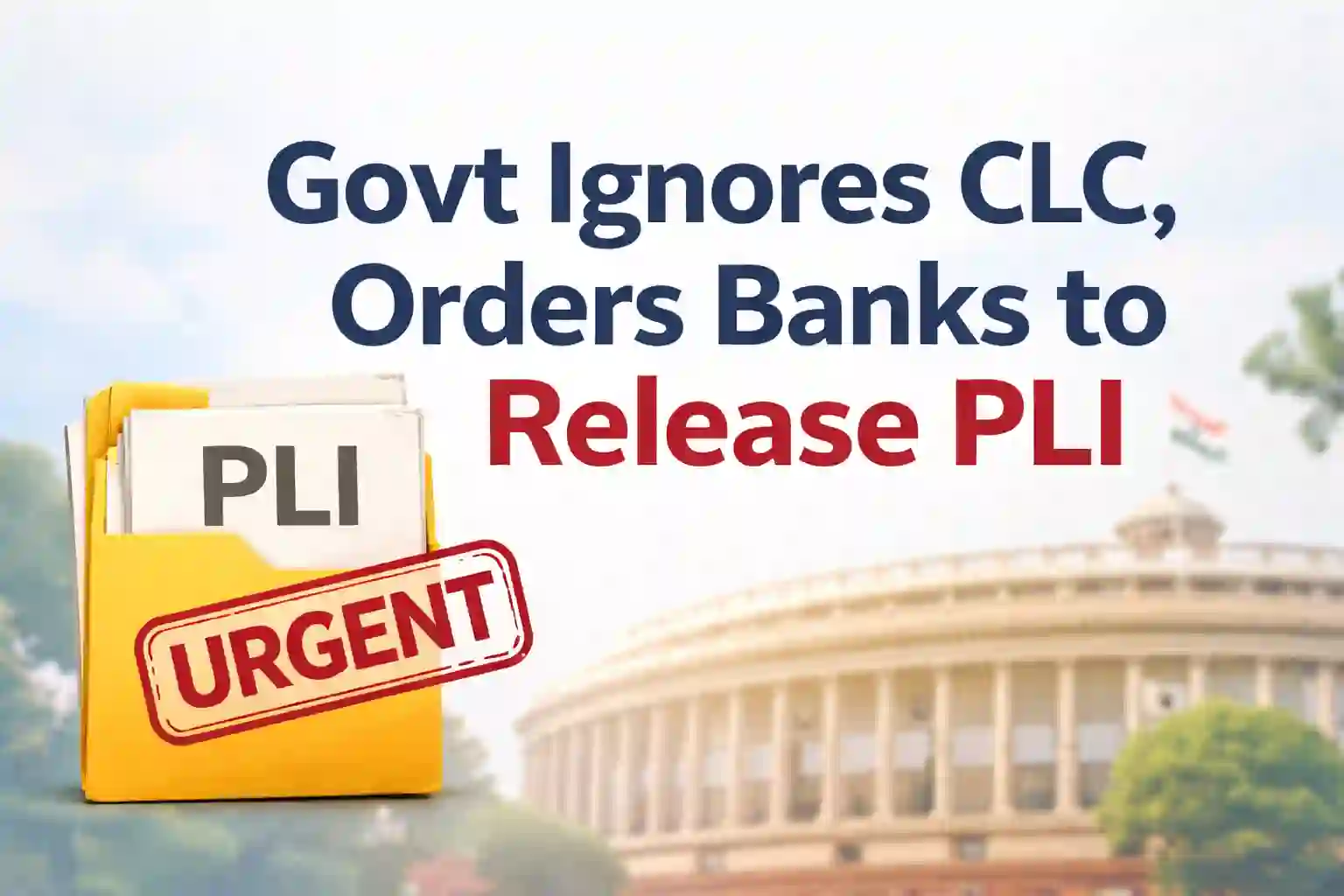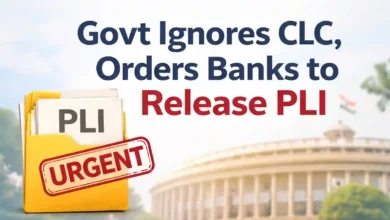Punjab & Haryana High Court Bar Association requests Video Hearings for Safety of Staff

With rising tension along the India-Pakistan border, the Punjab and Haryana High Court Bar Association (HCBA) has taken a serious step to protect the safety of the legal community. The association has requested that video conferencing (VC) be made the main method for court hearings, especially during this uncertain time.
In a letter to Chief Justice Sheel Nagu, HCBA Secretary Gagandeep Jammu described the situation as “war-like” and warned that it poses a serious threat to the safety of lawyers, court staff, litigants, and others involved in the court system.
He also noted that Chandigarh, where the High Court is located, could become a target for enemy air strikes. Fighter planes have reportedly been flying over the city at night, causing fear and anxiety. Because of this situation, the Bar Association believes that urgent action is needed, especially before Monday, May 12, 2025, when courts are scheduled to function normally.
Current System and Suggested Changes
At the moment, video conferencing is allowed in the High Court only if requested in advance, and some courtrooms allow VC hearings only at fixed times. The Bar Association wants VC to be the default option, at least while the threat remains high.
Key Suggestions from the HCBA
To keep the justice system running while also protecting lives, the HCBA proposed several steps:
1. Limit Physical Attendance
Allow clients and staff to attend court in person only if absolutely necessary, to reduce crowding.
2. Make VC the Default
Since courtrooms are already equipped with video conferencing tools, make VC the standard method for hearings during this emergency.
3. Emergency Evacuation Plan
The Bar Association has asked for:
- Clear exit routes to be marked inside the court
- A simulation video to help everyone understand what to do in case of an attack
4. Create SOPs and Provide Training
They suggest that:
- Special exits should be marked for lawyers
- Court staff and lawyers should be trained regularly
- Mock drills should be conducted to prepare for emergencies
- Steps should be in place to avoid panic or stampedes
Criticism Over Court Closure on May 9
Earlier, Chief Justice Sheel Nagu criticized the HCBA for calling a “No Work” day on May 9. During a hearing on the Punjab-Haryana water dispute, he expressed his disappointment, saying:
“When the forces are fighting the battle, you will be sitting at home and resting? That is very unfortunate.”
In their letter, the HCBA defended their decision. They explained that:
- Intercity travel was banned overnight on May 8–9
- Many lawyers travel from distant parts of Punjab and Haryana
- Drone attacks were reported in areas like Pathankot, Gurdaspur, Amritsar, Jalandhar, and Ferozepur, creating panic
- Blackout orders and a stay-at-home advisory were issued by Chandigarh authorities
Given all this, the Bar felt that suspending court work was the right move under the circumstances.
Similar Measures in Jammu & Kashmir
The High Court of Jammu and Kashmir and Ladakh has also issued precautionary steps to protect judges and court staff in border-sensitive areas.



